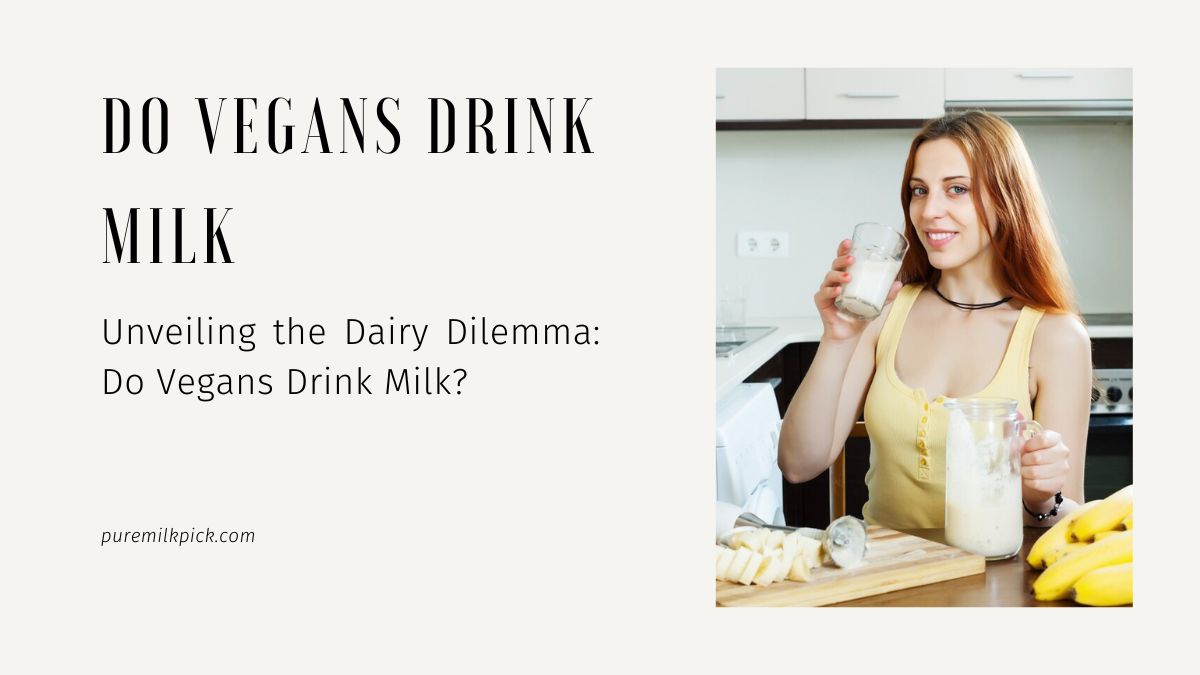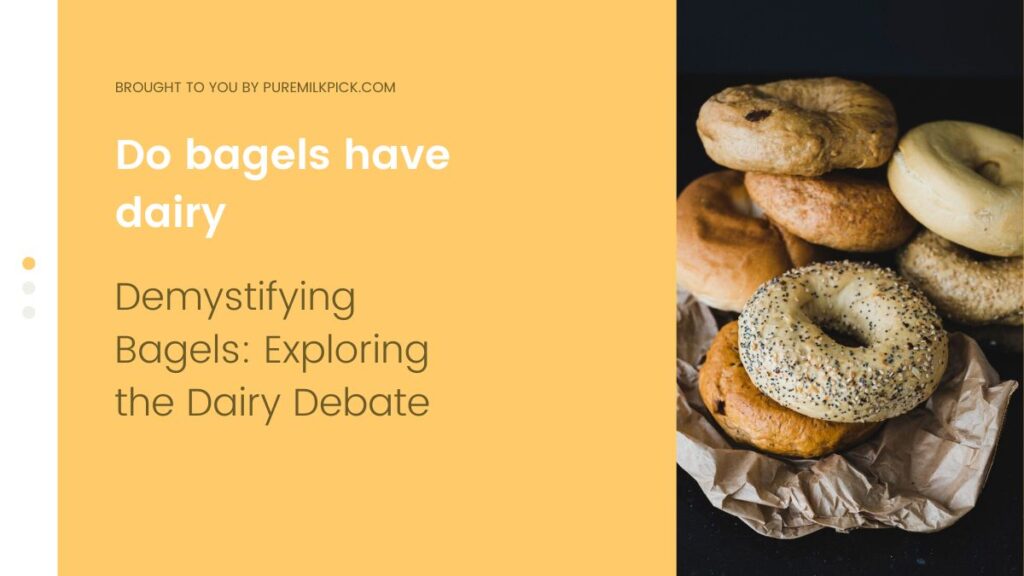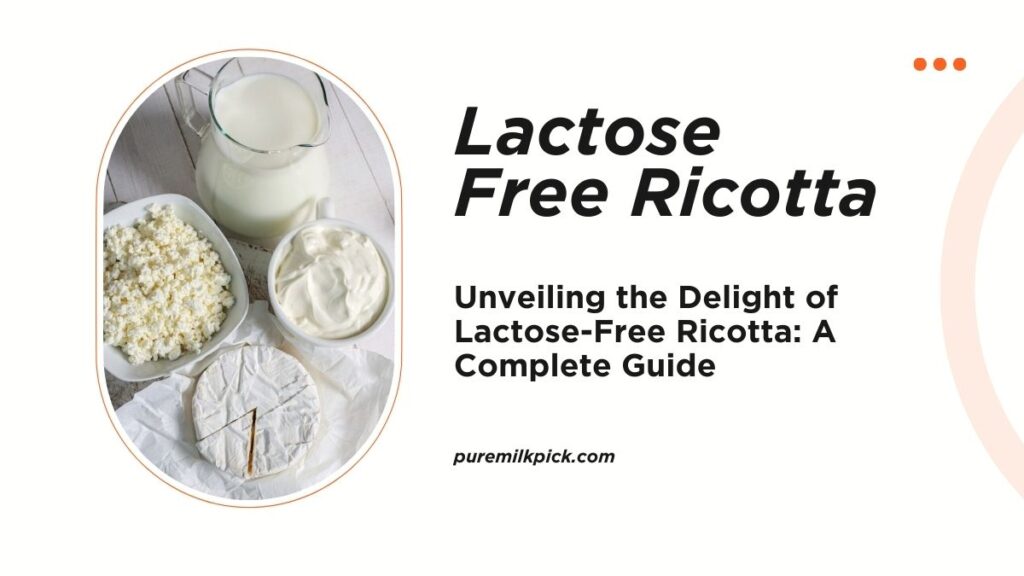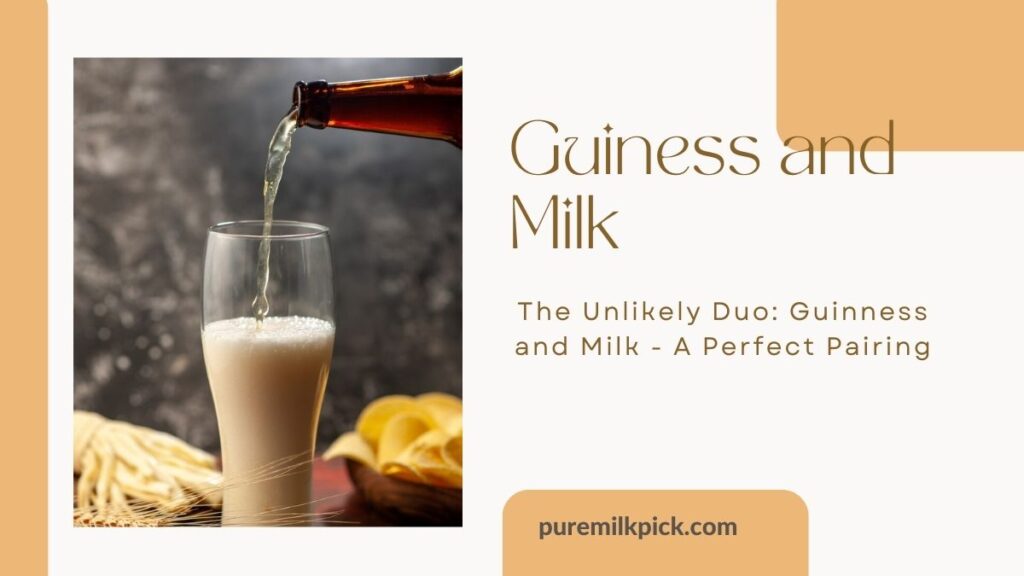Do vegans drink milk? Welcome to our exploration of a topic that often sparks lively debates within the vegan community: milk consumption. While veganism is commonly associated with the avoidance of all animal products, including milk, the question of whether vegans drink milk isn’t as straightforward as it may seem. In this comprehensive blog post, we’ll delve into the ethical, environmental, and nutritional considerations surrounding milk consumption in the context of a vegan lifestyle. From understanding the principles of veganism to exploring dairy alternatives and navigating the grey areas, let’s embark on a journey to uncover the complexities of this dairy dilemma.
Understanding Veganism
Definition and Principles of Veganism
Veganism is more than just a dietary choice; it’s a lifestyle that seeks to minimize harm to animals and the environment. At its core, veganism advocates for the exclusion of all animal products from one’s diet and lifestyle practices. This includes not only meat and dairy but also eggs, honey, and other animal-derived ingredients. The philosophy behind veganism is grounded in compassion, sustainability, and ethical treatment of animals.
Commonly Avoided Animal Products
In addition to milk, there are several other animal products that vegans typically avoid. These include meat from all sources (including poultry, beef, pork, and fish), as well as by-products such as gelatin, which is derived from animal bones and connective tissues. Eggs, honey, and certain food additives like cochineal (derived from insects) are also off-limits for those following a vegan lifestyle.
Read More: Unveiling the Delight of Lactose-Free Ricotta: A Complete Guide
Ethical Concerns Surrounding the Dairy Industry
Overview of Dairy Farming Practices
The dairy industry is a major player in the global food system, responsible for the production of milk, cheese, yogurt, and other dairy products. However, behind the glossy packaging lies a darker reality of animal exploitation and suffering. Dairy cows are subjected to intensive farming practices, including confinement in cramped spaces, routine use of hormones and antibiotics, and separation from their calves shortly after birth.
Animal Welfare Issues
One of the primary ethical concerns surrounding the dairy industry is the welfare of dairy cows. These animals endure physical and psychological distress as a result of prolonged confinement, constant milking, and the stress of repeated pregnancies. Female calves are often raised to replace their mothers in the milking herd, while male calves are typically deemed economically worthless and may be sold for veal or slaughtered shortly after birth.
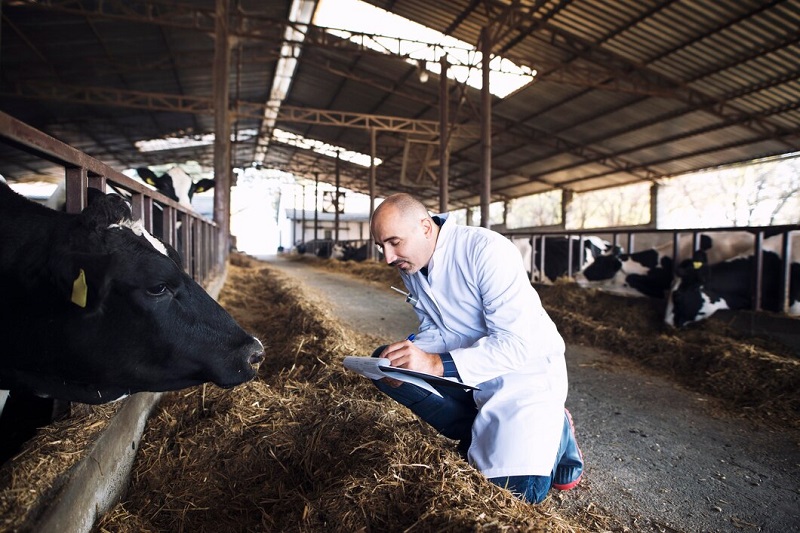
Environmental Impact of Dairy Production
In addition to ethical considerations, dairy production also has significant environmental consequences. The dairy industry is a major contributor to greenhouse gas emissions, deforestation, and water pollution. Dairy cows produce methane, a potent greenhouse gas, during digestion, while the clearing of land for pasture and feed crops contributes to habitat destruction and biodiversity loss. Furthermore, the intensive use of water, feed, and land resources exacerbates environmental degradation and climate change.
Exploring Milk Alternatives
Introduction to Non-Dairy Milk
Fortunately, for those looking to avoid dairy, there is a wide array of non-dairy milk alternatives available on the market. Soy milk, almond milk, oat milk, coconut milk, and rice milk are just a few examples of plant-based alternatives that offer a similar taste and texture to traditional cow’s milk. These alternatives are often fortified with vitamins and minerals, making them suitable substitutes for dairy in terms of nutritional value.
Nutritional Comparison
While dairy milk is rich in calcium and protein, non-dairy alternatives can also provide these essential nutrients, often with added benefits. For example, almond milk is low in calories and contains heart-healthy fats, while soy milk is a complete protein source that may help lower cholesterol levels. Oat milk is high in fiber and may promote digestive health, while coconut milk offers a creamy texture and tropical flavor profile.
Environmental and Ethical Considerations
In addition to their nutritional benefits, non-dairy milk alternatives have a smaller environmental footprint compared to dairy production. Plant-based milks require fewer resources, such as water and land, and produce fewer greenhouse gas emissions. Furthermore, by choosing non-dairy options, consumers can reduce their contribution to animal exploitation and support more sustainable food systems.
Vegan Perspectives on Milk Consumption
Arguments Against Dairy Consumption
Within the vegan community, there is a strong consensus against the consumption of dairy products. Advocates argue that dairy farming inherently involves the exploitation and commodification of animals, regardless of whether the animals are raised in so-called “humane” conditions. From a moral standpoint, many vegans believe that it is unethical to use animals for human consumption, especially when viable plant-based alternatives exist.
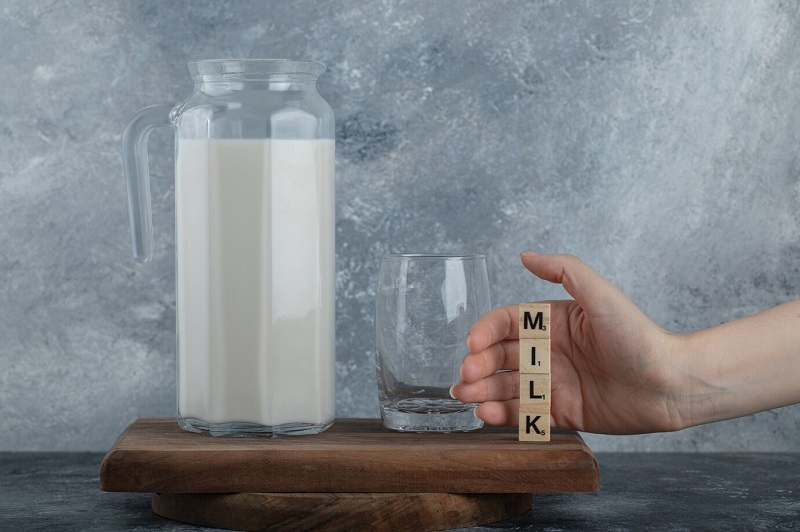
Advocates for Strict Adherence to Vegan Principles
For some vegans, the decision to abstain from dairy is a matter of principle, rooted in a commitment to non-violence and respect for all living beings. These individuals adhere strictly to vegan guidelines and may choose to boycott companies and products associated with animal agriculture. By living in alignment with their values, these vegans strive to create a more compassionate and sustainable world for animals and future generations.
Consideration of Individual Choices
However, it’s important to recognize that veganism is not a one-size-fits-all philosophy, and there may be differences of opinion within the vegan community regarding milk consumption. Some vegans may choose to consume dairy on occasion for various reasons, such as health concerns, cultural preferences, or practical considerations. While these choices may be subject to scrutiny from more stringent vegans, it’s essential to respect individuals’ autonomy and agency in making their dietary decisions.
Grey Areas and Controversies
Navigating Grey Areas
In the realm of veganism, there are certain grey areas where the line between what is considered vegan and non-vegan can be blurred. Milk consumption is one such grey area, with some vegans opting to include small amounts of dairy in their diets while still adhering to a predominantly plant-based lifestyle. These individuals may justify their choices based on personal beliefs, dietary needs, or cultural practices.
Ethical and Practical Considerations
The decision to consume dairy as a vegan is not taken lightly and individuals may grapple with conflicting values and priorities. While some may prioritize animal welfare and environmental sustainability, others may prioritize personal health or convenience. Ultimately, each individual must weigh these factors and make choices that align with their values and beliefs, recognizing that there is no one-size-fits-all approach to veganism.
Debates Within the Vegan Community
The question of whether vegans should consume milk has sparked heated debates and discussions within the vegan community. While some advocate for strict adherence to vegan principles, others argue for a more flexible and inclusive approach that acknowledges the diverse needs and experiences of vegans worldwide. These debates reflect the complexities of ethical decision-making in a society where food choices are deeply intertwined with cultural, social, and economic factors.
Practical Implications and Tips
Guidance for New Vegans Drink Milk
For individuals new to veganism, navigating the plethora of dairy alternatives can be overwhelming. Fortunately, there are resources and support networks available to help ease the transition. Websites, cookbooks, and social media groups dedicated to veganism offer recipes, meal plans, and tips for incorporating non-dairy options into your diet.

Tips for Incorporating Non-Dairy Alternatives
When it comes to replacing dairy in your diet, experimentation is key. Try different types of non-dairy milk to find the ones you enjoy the most, and don’t be afraid to get creative in the kitchen. Non-dairy milk can be used in a variety of recipes, from smoothies and baked goods to sauces and soups. By embracing the versatility of plant-based milks, you can discover new flavors and culinary possibilities.
Resources for Further Exploration
For those interested in learning more about veganism and milk consumption, there are countless resources available online and in print. Websites like The Vegan Society, PETA, and Mercy For Animals offer articles, videos, and guides on vegan living, including tips for navigating dairy alternatives and ethical considerations surrounding milk consumption. Additionally, books such as “Eating Animals” by Jonathan Safran Foer and “The China Study” by T. Colin Campbell provide in-depth analyses of the environmental, health, and ethical implications of animal agriculture.
Conclusion
In conclusion, the question of whether vegans drink milk is a complex and multifaceted issue that reflects the diversity of perspectives within the vegan community. While many vegans choose to abstain from dairy consumption due to ethical, environmental, and health-related concerns, others may make different choices based on personal beliefs and circumstances. Ultimately, veganism is about striving to minimize harm and promote compassion in all aspects of life, and each individual must navigate their path by these principles.
FAQs (Frequently Asked Questions)
The answer to this question depends on individual beliefs and interpretations of veganism. In general, traditional cow’s milk is not considered vegan due to its association with animal exploitation and suffering in the dairy industry. However, there are numerous non-dairy milk alternatives available, such as soy, almond, oat, and coconut milk, which are commonly consumed by vegans as substitutes for dairy.
The dairy industry is fraught with ethical issues, including the exploitation and mistreatment of dairy cows and their calves. Dairy cows are often subjected to confinement, routine milking, and separation from their offspring, leading to physical and psychological distress. Additionally, the environmental impact of dairy production, such as greenhouse gas emissions and habitat destruction, further exacerbates ethical concerns associated with dairy consumption.
Transitioning to a dairy-free diet as a vegan can be challenging but rewarding. Some tips for making the switch include gradually incorporating non-dairy milk alternatives into your diet, experimenting with different flavors and brands to find ones you enjoy, and seeking out vegan recipes and resources for meal inspiration. Additionally, it’s essential to read food labels carefully to identify hidden dairy ingredients and to educate yourself about the ethical and environmental implications of dairy consumption.
